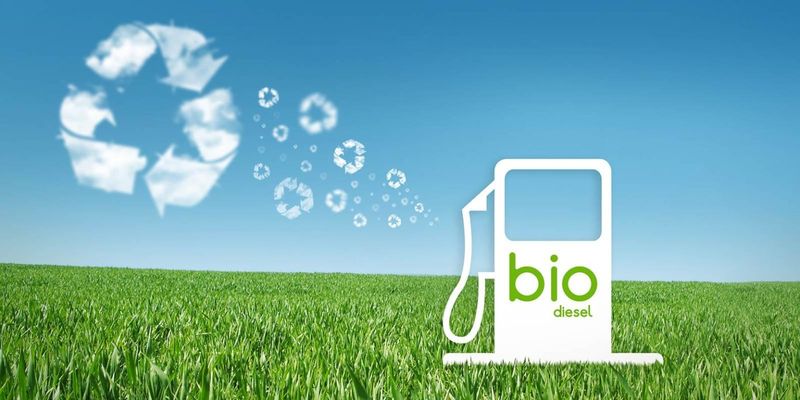Indonesia Plans to Roll Out Palm Oil-Based B40 Biodiesel in 2025

Indonesia is preparing to transition to the use of B40 biodiesel, which incorporates 40 percent palm oil, starting in 2025. This shift will replace the current B35 blend, which consists of 35 percent palm oil-based biodiesel, according to a statement from the energy ministry. As the largest producer of palm oil globally, Indonesia aims to enhance its biodiesel blend to reduce energy imports and boost domestic consumption of palm oil.
The energy ministry anticipates that the move to B40 could significantly increase overall biodiesel consumption, potentially reaching up to 16 million kiloliters in the coming year. This transition is part of Indonesia’s broader strategy to leverage its abundant palm oil resources for energy needs, thereby decreasing reliance on imported fuels and supporting the national economy.
Earlier this week, the energy ministry conducted a successful trial of the B40 biodiesel blend, using it in a train for the first time. This marks a significant milestone in the country’s biodiesel testing phase. In addition to rail transportation, the ministry plans to expand the testing of B40 biodiesel throughout this year to include agricultural machinery, power plants, and the shipping industry. These trials are designed to ensure the blend’s performance and suitability across various sectors before its widespread implementation.
The initiative reflects Indonesia’s commitment to advancing its biodiesel program and promoting the use of renewable energy sources. By increasing the proportion of palm oil in biodiesel, the country aims to enhance the environmental benefits of its fuel while supporting local palm oil producers. The energy ministry’s strategy includes a comprehensive approach to testing and evaluating the B40 blend’s efficacy in different applications, ensuring that it meets the required standards for performance and sustainability.
This move to B40 biodiesel underscores Indonesia’s efforts to lead in renewable energy solutions and reduce its carbon footprint. The planned increase in biodiesel consumption represents a significant step forward in the country’s energy policy, aiming to balance economic benefits with environmental sustainability.
Biodiesel offers a wide range of applications. It can power diesel engines, provide heating for homes, generate electricity, and serve as an effective solvent. As a non-toxic alternative to many conventional substances, biodiesel is versatile. Recycled cooking oil, for instance, is used to fuel vehicles, generate electricity, and operate off-road industrial engines. Biodiesel B40, a mix of 40 percent vegetable oil and diesel fuel, offers versatile applications including powering engines, heating, electricity generation, and serving as a non-toxic solvent.
Read also
AmSpec – Partner of BLACK SEA GRAIN.KYIV-2026
Black Sea & Danube Rapeseed Market at a Turning Point: Weather Risks, Supply ...
Indonesia to import 1 thsd tons of US rice despite self-sufficiency policy
China returns rapeseed oil from Kazakhstan over GM
Nigeria advances toward full membership in council of palm oil producing countries
Write to us
Our manager will contact you soon



